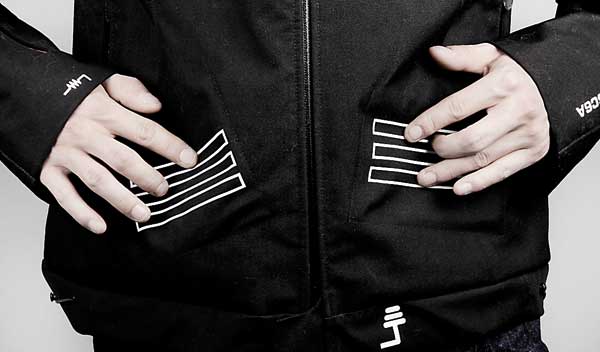Reply To:
Name - Reply Comment
Last Updated : 2024-04-26 06:31:00

.jpg)
.jpg) n recent years, Sri Lanka has not been as serious and aggressive about forging trade agreements as many of its competitors. As global agreements like the Doha Development Agenda have stalled, many countries have resorted to signing bilateral and regional free trade agreements to expand the market for their exports. In this, the Trans-Pacific Partnership - commonly known as ‘TPP’ - stands out for its mega-regional nature. The TPP is led by the USA and brings together 12 pacific-rim countries (Australia, Brunei, Canada, Chile, Japan, Malaysia, Mexico, New Zealand, Peru, Singapore, the US and Vietnam) covering over 40 percent of global GDP.
n recent years, Sri Lanka has not been as serious and aggressive about forging trade agreements as many of its competitors. As global agreements like the Doha Development Agenda have stalled, many countries have resorted to signing bilateral and regional free trade agreements to expand the market for their exports. In this, the Trans-Pacific Partnership - commonly known as ‘TPP’ - stands out for its mega-regional nature. The TPP is led by the USA and brings together 12 pacific-rim countries (Australia, Brunei, Canada, Chile, Japan, Malaysia, Mexico, New Zealand, Peru, Singapore, the US and Vietnam) covering over 40 percent of global GDP. .jpg) Parties to the TPP stand to gain through greater duty-free access to the US market, while others who are not parties to it but still depend on the US – like Sri Lanka and Bangladesh – stand to lose. This was the gist of a report by Standard Chartered Bank (SCB) released last month. The report - ‘Trans-Pacific Partnership (TPP): Winners and Losers’ - focused particularly on the apparel sector and argued that the TPP will make Sri Lanka’s apparel exports to the US less competitive compared to Vietnam’s. This has big implications for Sri Lanka, as the US is the largest single-country market for our apparel exports, accounting for over 40 percent.
Parties to the TPP stand to gain through greater duty-free access to the US market, while others who are not parties to it but still depend on the US – like Sri Lanka and Bangladesh – stand to lose. This was the gist of a report by Standard Chartered Bank (SCB) released last month. The report - ‘Trans-Pacific Partnership (TPP): Winners and Losers’ - focused particularly on the apparel sector and argued that the TPP will make Sri Lanka’s apparel exports to the US less competitive compared to Vietnam’s. This has big implications for Sri Lanka, as the US is the largest single-country market for our apparel exports, accounting for over 40 percent.
Add comment
Comments will be edited (grammar, spelling and slang) and authorized at the discretion of Daily Mirror online. The website also has the right not to publish selected comments.
Reply To:
Name - Reply Comment
US authorities are currently reviewing the manifest of every cargo aboard MV
On March 26, a couple arriving from Thailand was arrested with 88 live animal
According to villagers from Naula-Moragolla out of 105 families 80 can afford
Is the situation in Sri Lanka so grim that locals harbour hope that they coul